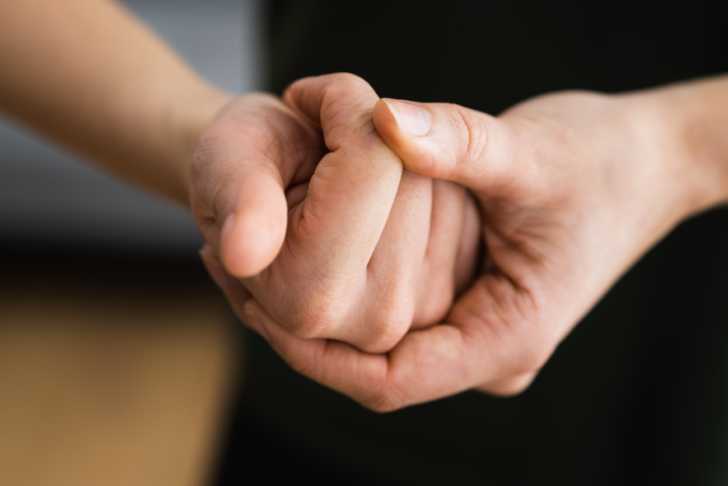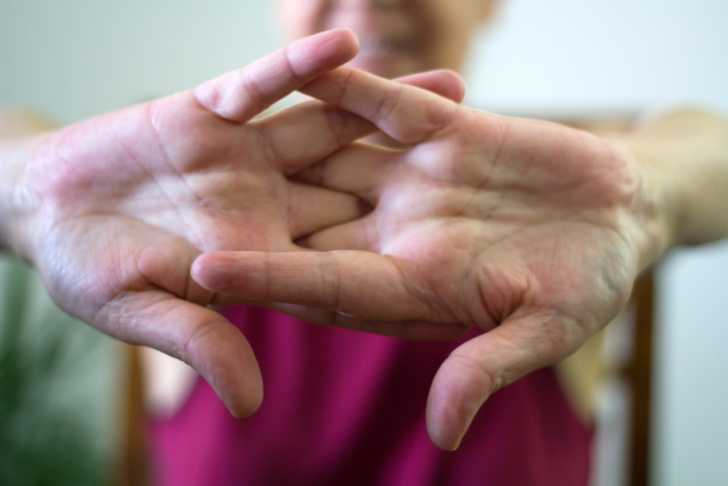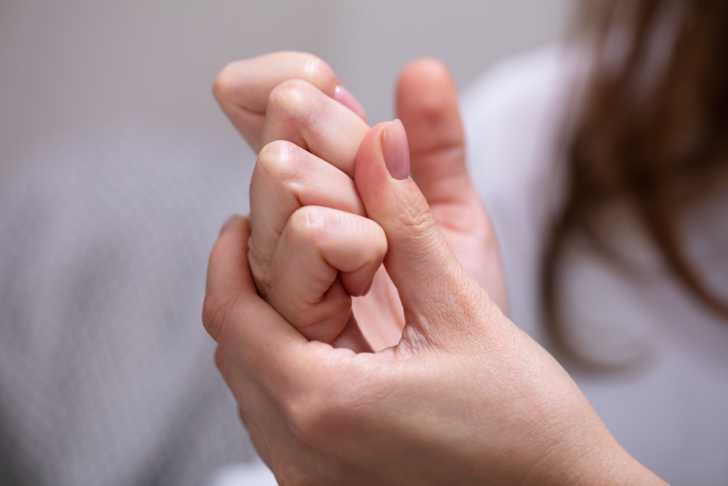
It’s a sound that’s both satisfying and disgusting – the popping of a joint, like your knuckles or your back or neck. Knuckle cracking is a kind of odd little habit that many of us indulge in from time to time. It seems to alleviate a kind of tension and then the auditory validation made by that distinctive popping sound makes us feel better. But does it really do anything beyond making the noise? Is knuckle cracking good or bad for us?
Generally speaking, despite the old wives’ tales that still linger in our collective consciousness, knuckle cracking does not give you arthritis. If you already deal with arthritis, then the habit is not recommended, but for the rest of us, there’s no specific harm in the occasional popping of your knuckles.
One scientist thought to put this old wives’ tale to the test. His mother warned him that cracking his knuckles would give him arthritis, so as an adult, he decided to conduct a kind of informal study. For the next 50 years, he cracked his knuckles consistently on just one hand. The goal was to determine if that hand would eventually develop signs of arthritis. His study, published and shared, seemed to conclude that knuckle cracking does not lead to arthritis. For more on this, click here.

What is that sound, exactly? Gassy bubbles in our joint fluid. Synovial fluid is the substance that helps to keep our joints lubricated. It’s believed that in that fluid are gaseous bubbles that create a kind of pressure, so when we crack our knuckles, the sound we hear is the popping of those bubbles, much like one might pop those plastic packing bubbles. It’s believed that these bubbles regenerate after about 20 minutes, recreating that perceived sense of pressure and then we feel compelled to once again crack our knuckles.
The sensation of relieving pressure is part of what makes us engage in this habit, but it’s also the satisfying nature of that popping sound. Our brains make a connection between that pop and then feeling a sense of pleasure, which is why we might find the act of cracking our knuckles so enjoyable. But that popping sound can also trigger the exact opposite feeling in those that have to listen to the sound of a cracking knuckle. For me, it’s the sound of a neck popping that is particularly unnerving; it makes me shiver.

Some cracking sounds, especially those that are followed by feelings of real pain, could be a sign of something more serious than the mindless, inconsequential cracking of a knuckle. If pain accompanies the pop, then it’s likely a habit that shouldn’t be continued and medical attention sought out to understand the reason for the pain. Generally speaking, though, knuckle cracking isn’t bad for your health, but it might not be appropriate at all times, especially if you’re around someone that finds the habit disgusting. Cracking our knuckles seems to be more of a mental thing than it is an actual physical necessity.













